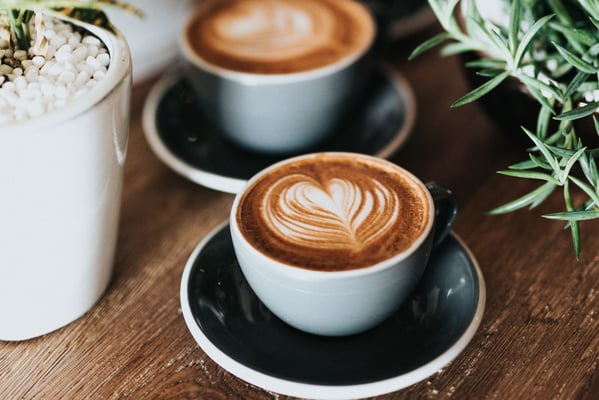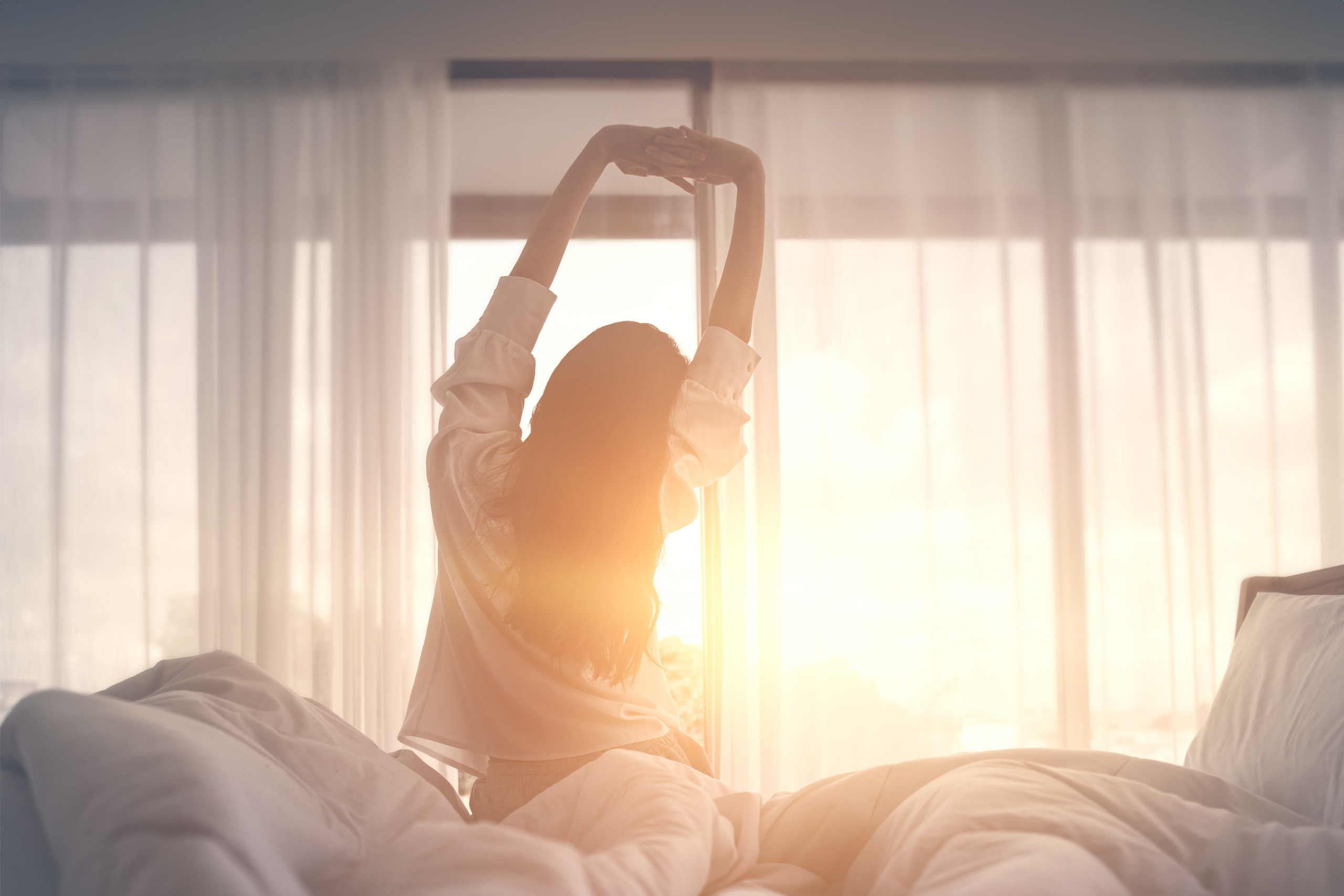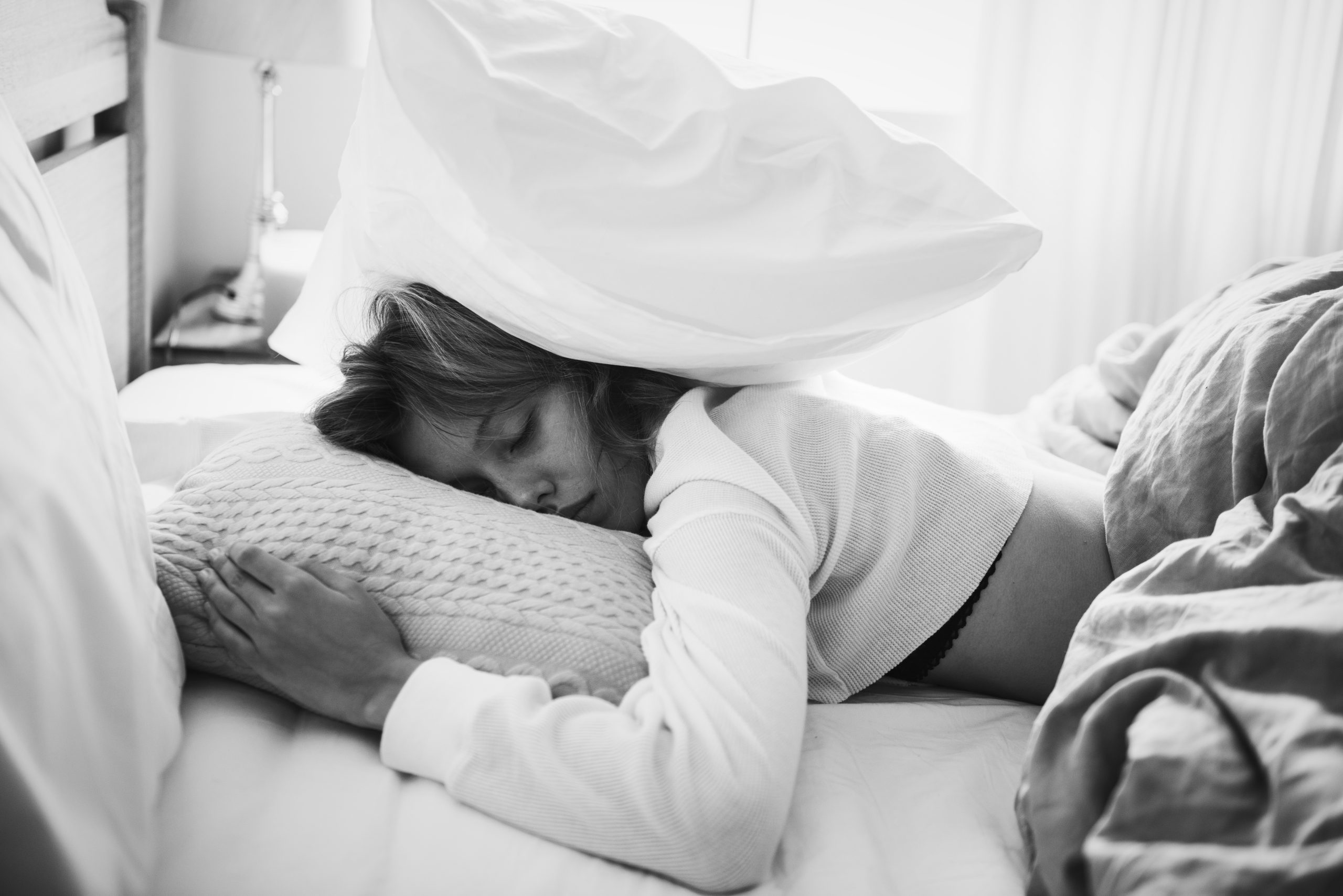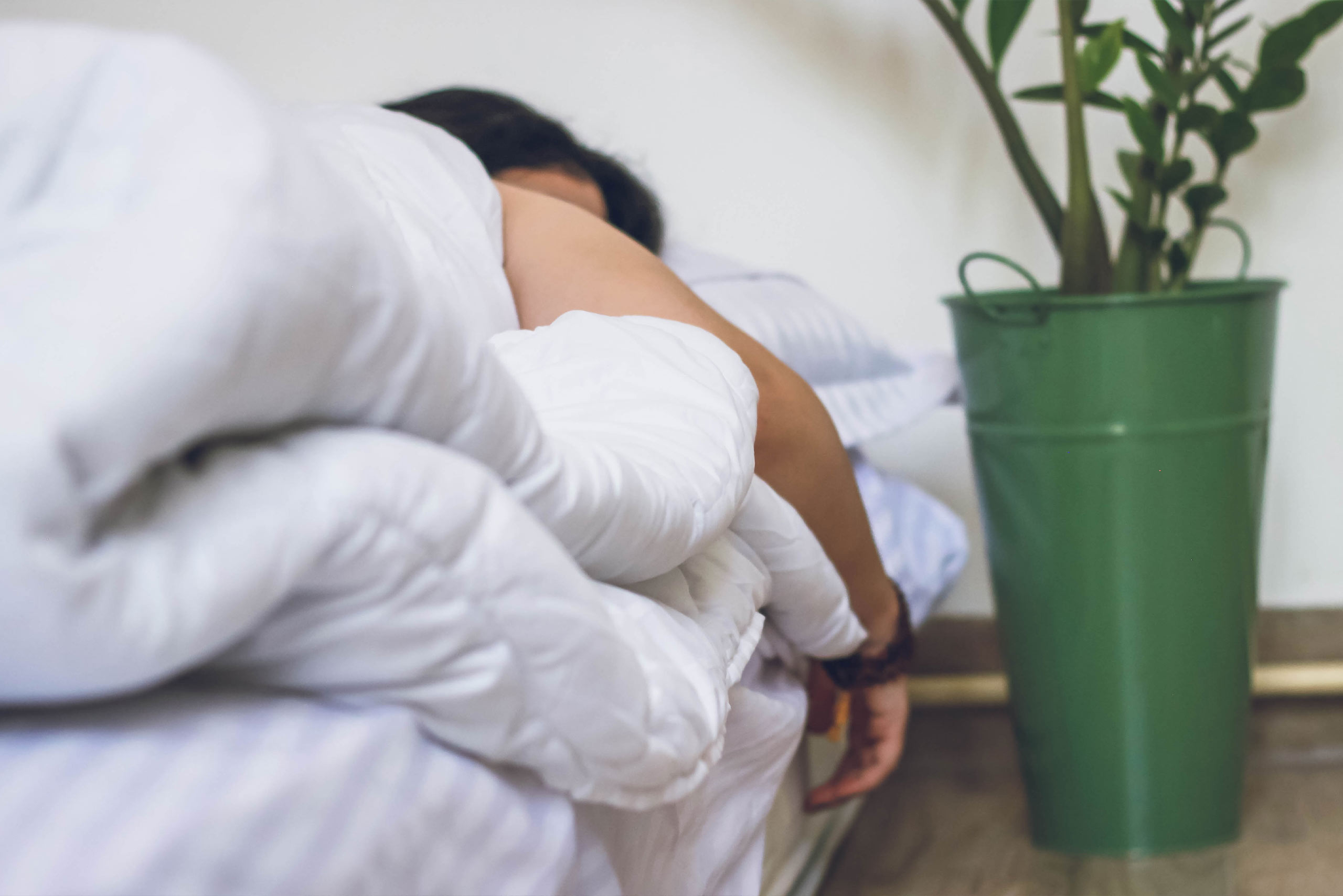What Your Coffee Isn’t Telling You
Caffeine is the reason we need caffeine. Hear us out.
You might think caffeine is giving you the energy to wake up and get through your day, but caffeine doesn’t give you energy, it just covers up the tiredness. Caffeine’s chemical structure is like adenosine, a chemical compound in your body that influences your drive to sleep. As adenosine in your body rises during the day you get tired as your bedtime approaches. Adenosine and caffeine are alike enough that caffeine pushes the adenosine out of the way, masking your sense of tiredness.
Seems like a fantastic cure for being tired, but there’s a catch. Although your body is not using adenosine while caffeine is present, it is still producing it, so there is an excess of adenosine. When caffeine’s effects wear off, there is plenty of adenosine floating around to give you that afternoon slump and leave you longing for a caffeine boost.
The cycle of tiredness and caffeine is a never-ending one. It’s not just the caffeine or adenosine:
- You wake up tired and grab that cup of coffee.
- Your stress hormone cortisol, also affected by caffeine, rises when you get up and stays elevated, throwing off your sleep cycle, but the coffee woke you up so you’re feeling okay.
- Your caffeine starts to wear off by noon and the adenosine has piled up.
- You lose focus around 3 p.m., and grab another caffeine fix to get through the last part of your day.
Sound familiar? You make it through your day, get home, do your “home stuff,” get ready for bed…but you can’t wind down! It’s because there is still caffeine in your system and your brain isn’t ready to close for the night. You then sleep poorly. You are tired. And grab a cup of coffee.
Sounds like a tough cycle to break, but you can still enjoy your daily coffee, Bubblr, tea, or whatever it may be, by making a few changes with the following tips:
- Don’t consume caffeine right upon waking up. Wait at least an hour. Consuming caffeine right away throws off your internal clock and can lead to sleep problems. That may be the reason you need caffeine in the morning in the first place.
- Don’t drink caffeine past 2-3 p.m. The half-life of caffeine, which is the amount of time for half of the caffeine to leave your body, is about 5 hours. Meaning, that if you last consumed caffeine at 5 p.m., only half of it is out of your system by 10 p.m. For better sleep, consume your caffeine before 2 p.m.
- Be mindful of how much you’re consuming. Pay attention to how many times you fill up your mug, how many different caffeinated drinks you consume in a day, and how many milligrams of caffeine are in your drinks. It may surprise you. Healthy adults should limit their caffeine consumption to less than 400 mg per day.
There’s nothing wrong with a latte during your catch-up with a friend or some afternoon green tea to warm up, but being mindful of how and when you consume caffeine may be beneficial to have more energy without it.



